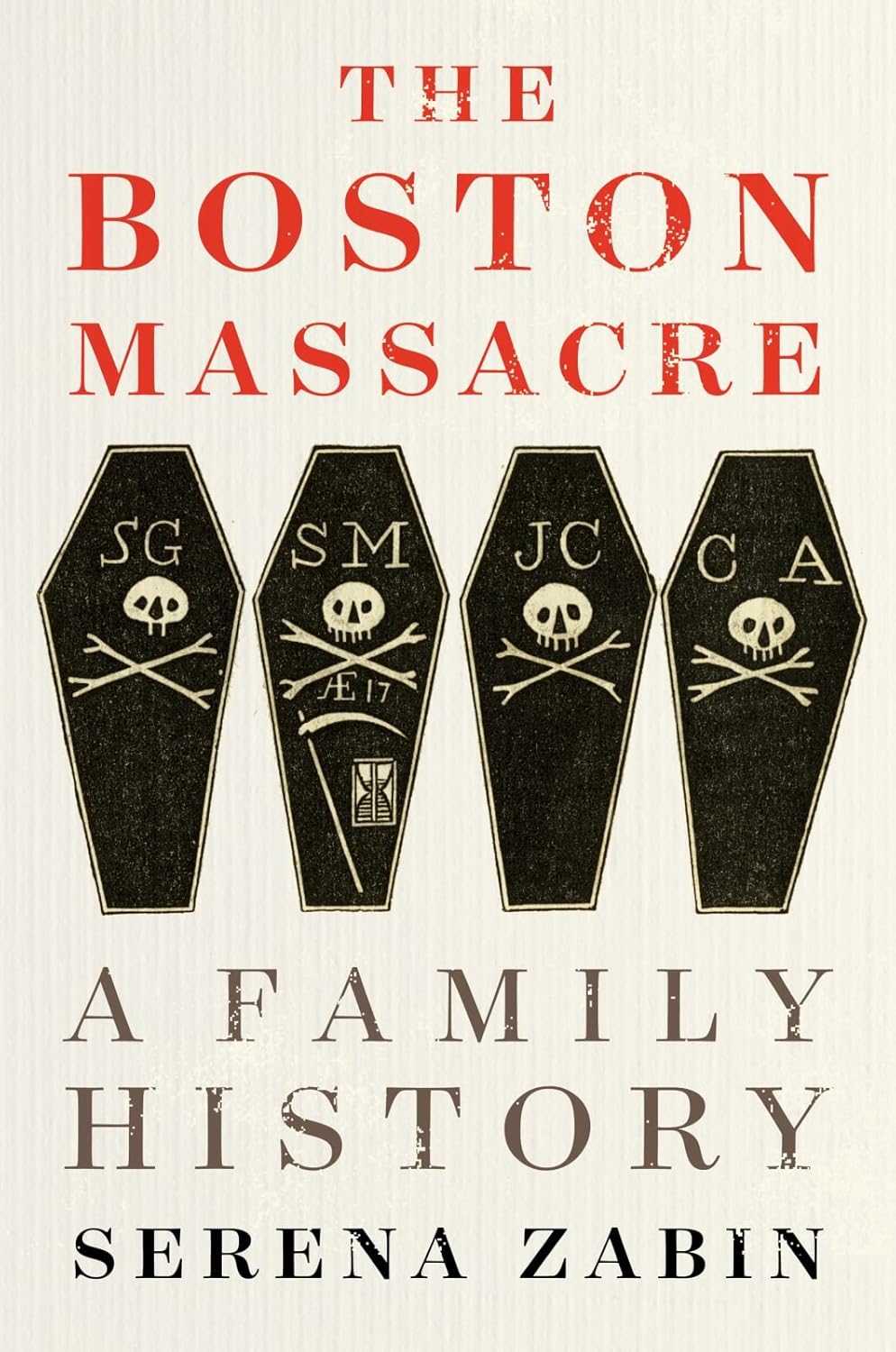Soldiers are people too. That’s an obvious truth for soldiers and soldiers’ families, but too often they are spoken of as tools to be sent, for good or for evil, depending on who is doing the sending. When we remember past wars, soldiers get lost in the search for straight-forward lessons. Highly charged debates over the Civil War leave little room for the individual motives of those who fought on either side, whereas for the American Revolution, British soldiers have long been the undifferentiated bad guys, tools of an empire violently trying to constrain an independent people. The “Boston Massacre” of 1770 seems proof of that portrayal, even if not quite in the melodramatic terms of Patriot Joseph Warren, who at the second annual commemoration in 1772 recalled “our children subjected to the barbarous caprice of the raging soldiery; our beauteous virgins exposed to all the insolence of unbridled passion.”
The moral high ground makes for good speeches, and Warren’s eloquence helped to persuade Bostonians to resist their empire, but historical accuracy and human understanding require coming down from the high ground and seeing people in all their complexity. Serena Zabin’s rich and highly enjoyable book does just that, revealing that, even at the Boston Massacre, “those who wore uniforms were not themselves uniform.” Most of the book takes place between 1768 and 1770, as Bostonians shared their streets, shops, houses, churches, and public hospital with over 2,000 soldiers and nearly 1,000 of the soldiers’ wives and children, all of them Britons in a British colony in the British empire.
Ms. Zabin, a Carleton College professor of history and American studies, eloquently introduces us to people like Jane Chambers, an Irishwoman who married a soldier and who herself served in the British army where he was posted, first in Halifax and then in Boston. Early modern armies employed women to do the kind of work that men believed only women could do, and cooking and laundry for an army was no minor task. The presence of women made the British army into “a social world of families, friends, and children.”
Jane and Matthew Chambers came with this social world to Boston in 1768 to help enforce the new taxes of the Townshend Acts in the face of colonial resistance. The Crown had offshore barracks, but they were too small for all of the newcomers, inconvenient to central Boston and not a fitting place for a family. Housing families like the Chambers would change the course of history.
